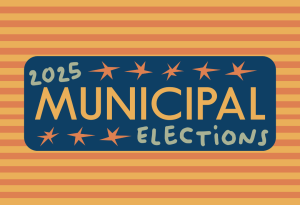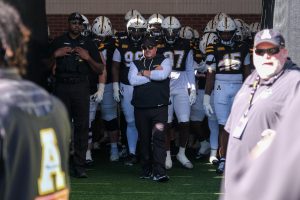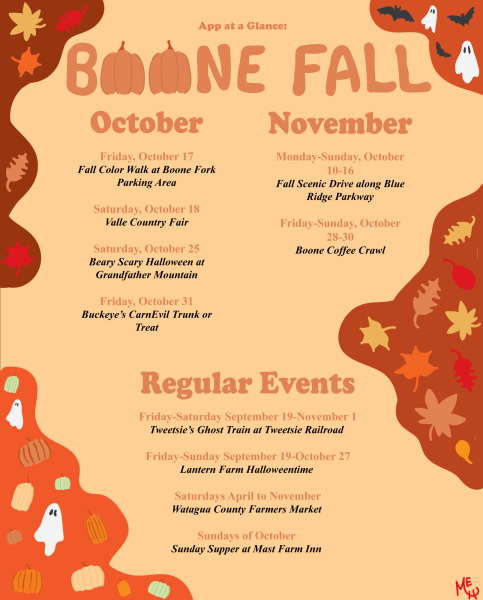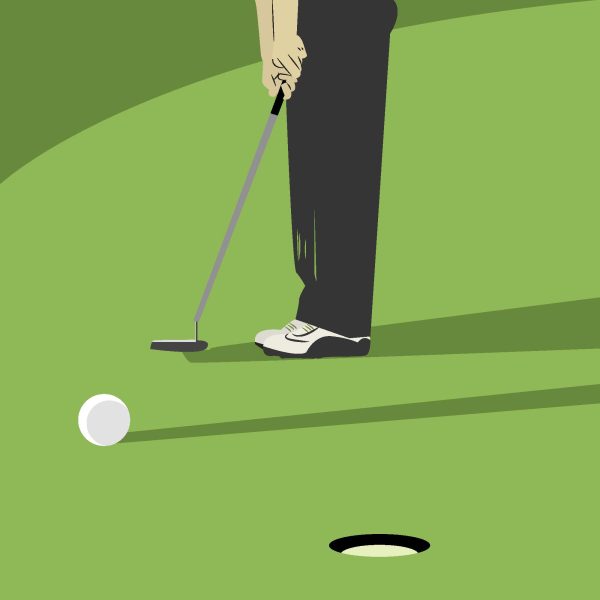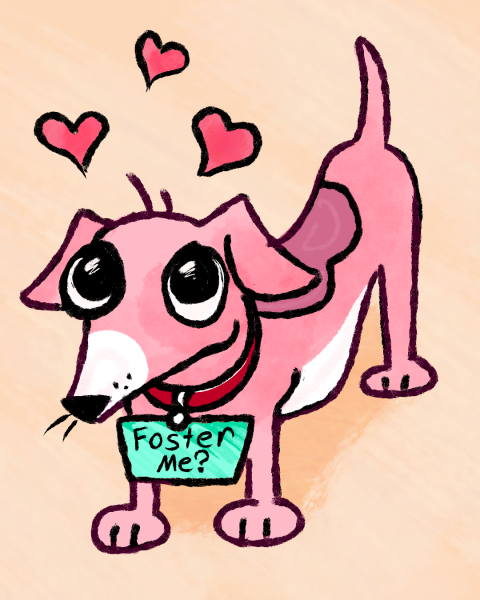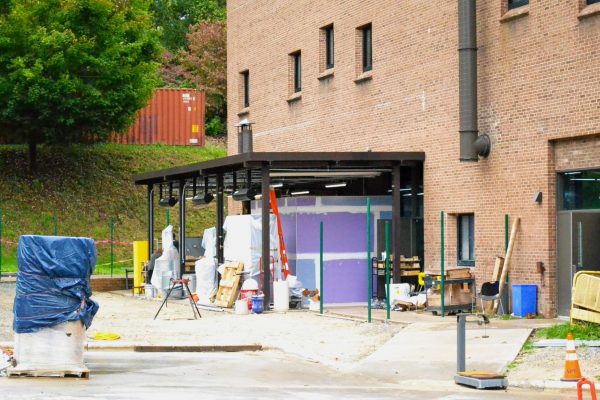Opinion: “Fate: The Winx Saga” is a Frankenstein’s Monster of Teen Fantasy Tropes
March 5, 2021
Here’s a story you’ve probably heard before. Our main character has lived their entire life in the human world, unaware of the supernatural’s existence. When their innate abilities manifest and endanger a family member, it isn’t long until they’re invited to attend a magical school in a secret parallel realm. As it turns out, they are no ordinary adolescent, but a prophesized chosen one, inextricably linked to the force of evil they are quickly tasked with defeating. Our humble protagonist serves as a vehicle for exposition and worldbuilding, allowing the audience to learn about this fantastical world alongside them. Ringing any bells yet? No, not those old Bible stories with the boy wizard and magic fascists. It’s “Fate: The Winx Saga.”
This show is yet another installment in the recent wave of aged-up drama adaptations of aging children’s properties—think “Riverdale” and “Chilling Adventures of Sabrina.” Though these ventures have proven profitable, it’s an interesting subgenre to unabashedly adhere to, considering its modern blueprints demonstrate such lackluster writing. The primary hallmarks of Iginio Straffi’s “Winx Club” source material are its candy-colored aesthetic, light-hearted tone, zany magical exploits and the deep friendships bonding the titular girl gang. The new Netflix adaptation not only lacks these aspects, but goes enthusiastically to the opposite extreme, seeping this sunny world in angst, death and darkness. This is a symptom of a deeper problem, essentially the hollow core around which the rest of the show collapses: “Fate: The Winx Saga” has no original ideas. It is a sloppy patchwork of plotlines, settings, character dynamics and aesthetics gleaned from various prior supernatural teen dramas with nothing uniquely its own.
The show’s creator, Brian Young, spent the majority of his antecedent career as a writer and producer for “The Vampire Diaries,” and this is his first project since the CW show ended in 2017. Why he wasn’t tapped to reprise his role in the writers room of the spinoff “Legacies” that premiered the following year and featured a cast of inhuman high schoolers training their magical abilities at an anachronistic boarding school is a mystery. But one can only assume he was torn up about it, considering he subsequently attempted transforming a different property into exactly that show. After a decade working on arguably the most quintessential Twilight remake—don’t cry, E.L. James—Young now possesses an encyclopedic familiarity with the contemporary tropes of his chosen genre, and the bulk of his creative process as showrunner seems to be arbitrarily including as many as he can in as small a space as possible. An embarrassing percentage of his plot beats couldn’t even be justifiably labeled as “tropes,” which would imply they’re staples that have seen repeated use. Rather, he often just outright borrows identical specific scenarios. The primary threat in the first installment is a spy that has inflitrated the school to revive a more powerful secondary antagonist (“Harry Potter and the Sorcerer’s Stone”); a mind reader initially avoids and antagonizes their bookish roommate because of their anxiety-ridden inner monologue (“The Magicians”); the singular overweight character forms a friendship with the closeted character that evolves into an unrequited crush, culminating in her romantic humiliation. The following love interest for the latter is none other than the upperclassman bullying him for his sexuality (“Glee”); there is an expansive barrier that is allegedly supposed to safeguard from evil creatures, but because it has been many years since one has been sighted, younger generations have now grown up without any evidence of their existence and do not believe the warnings of their elders (“Game of Thrones”). If you choose to undertake the agonizing experience of watching, know that nothing that happens in the cumulative 6-hour runtime will be something you haven’t seen multiple times before, like refrigerator magnet poetry made of fragments of better television. Countless contrived examples make up the backbone of the narrative, and little space remains in the script for this show to have a personality of its own. The characters, if you can even call them that, considering their homogenized dialogue and complete lack of interiority, are essentially static across the board. It is implied that they are friends, but you hardly see them interact beyond discussing the events of the plot, much less spend time together and form genuine relationships.
All over the place there are unanswered questions about the world these characters inhabit: its history, its culture, how things work there, why the fairies have no wings. In a world supposedly comprising seven realms—and considering the original “Winx Club” setting was across several planets and dimensions, this does appear to be directly out of “Game of Thrones”—only one is described to any degree, and that degree is small. If you start the next episode, expecting answers, you’ll consistently come up empty-handed on the other side of mandatory beer pong scenes and child soldier training montages. In attempting to cherry pick from its predecessors and create an irresistible hybrid, “Fate: The Winx Saga” tries to be a dozen different shows, and ends up being none of them. And, luckily for audiences everywhere, Netflix recently confirmed they’ll be doing it all again in season two.




